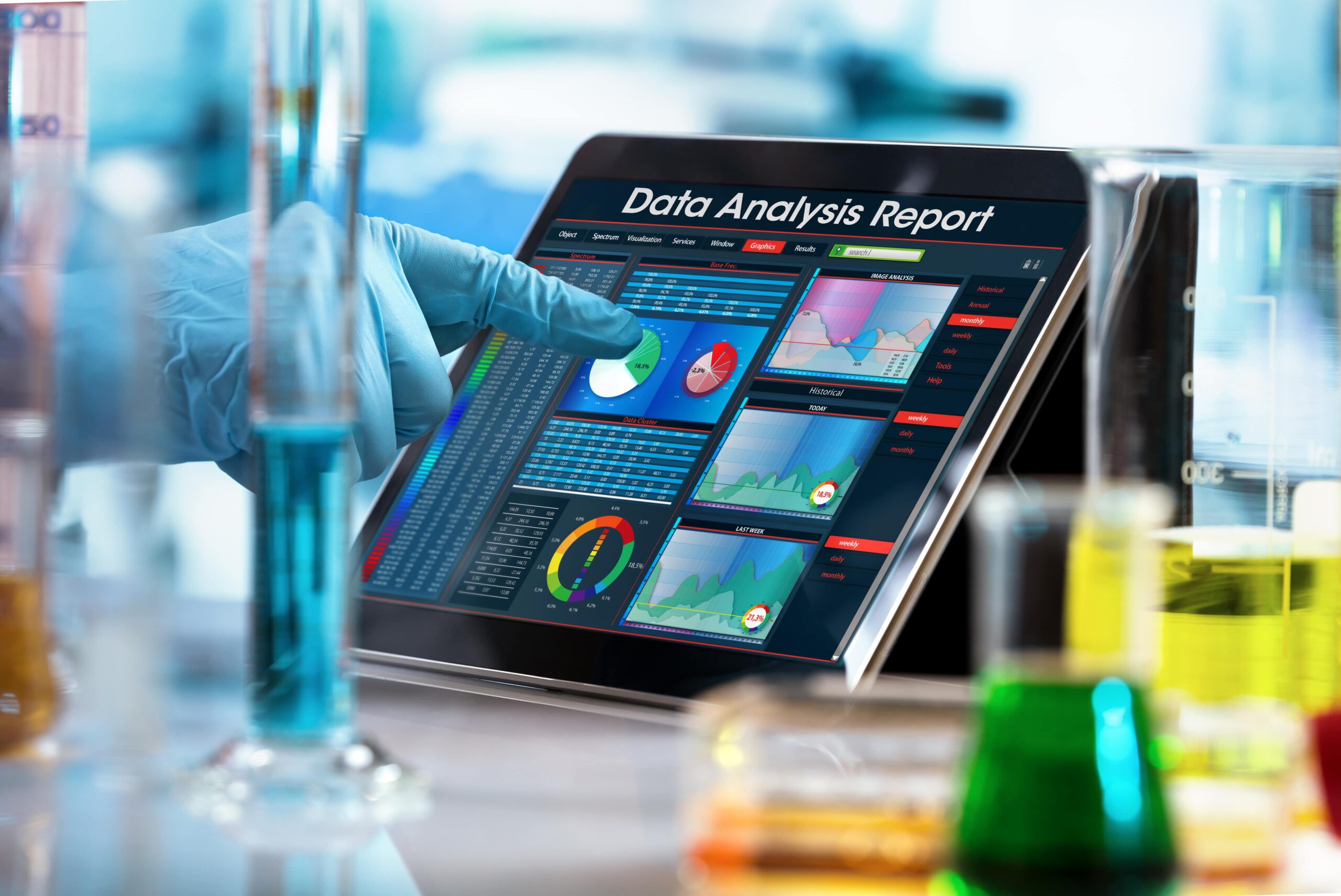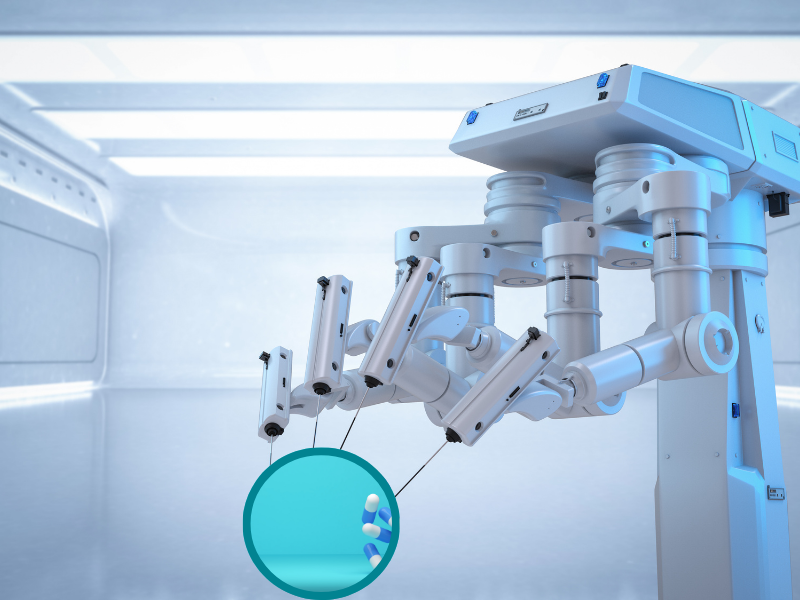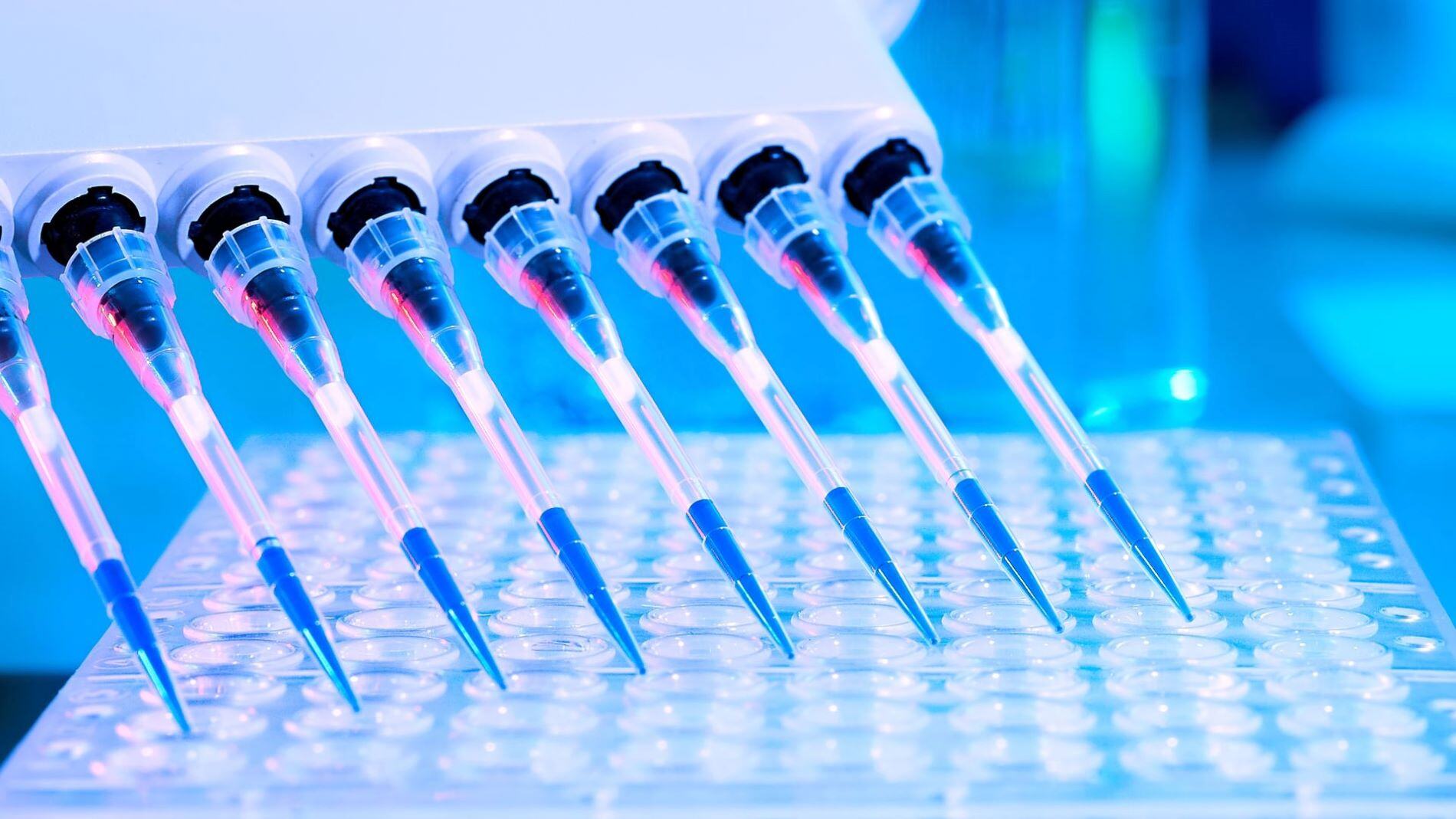Digital Transformation in the Lab: Paperless and AI Technologies

The future of labs will look very different to what we have today. Rather than a single, isolated building, future labs will be part of a global, shared information network. Artificial intelligence (AI) will help bring this technological future to life. Machine learning algorithms can detect hidden patterns that human and traditional computing models would not pick up. However, in order to do so, companies need one thing more than any other: data. One fundamental change required to manage the vast amount of data needed is a global switch towards a paperless lab.
Going Paperless: Importance of Digital Transformation
In many labs, traditional paper-based methods are still the primary data collection method. In recent years this has changed rapidly as more and more companies begin to embrace paperless solutions. Laboratory Information Management Systems (LIMS) aim to deliver state of the art paperless system for all operations in the lab, including reagents, shipment, and equipment management. Reducing reliance logbooks and paper processes brings several business benefits. Not only can you decrease the chance of data loss and mistakes, putting information into a digital platform and copying it to cloud, or intranet networks makes it far easier to use and retrieve.
Data Standards: Cleaning & Preparing Data for Use with AI
While going entirely paperless for data collection and recording is an essential first step, further obstacles remain before AI can reach its full potential. Data needs to be standardised and organised in a manner that AI and ML algorithms can read and interpret.
There have been several proposals on improving data for AI, including FAIR data principles and moving data from isolated silos to data lakes. Central to all of these approaches is the desire to use the vast amount of data gathered over the years and unlock revelations missed due to non-interoperability.
Many solution providers and vendors have begun to offer programs aimed at helping their clients digitise and organise their data. In addition, some of the larger pharmaceutical companies are also pursuing their own in-house methods. While healthy competition is necessary, variation of techniques and standards may make collaboration more difficult.
The Pistoia Alliance is a global, not-for-profit alliance that advocates for greater collaboration in life sciences R&D. Last year, they announced the launch of their Data Governance Community of Interest (CoI) initiative. Their goal is to develop and publish best practices and standards for data governance while also providing a platform for companies to come together to discuss common problems. A unified approach to data governance would make sharing information and deploying AI far easier.
“Robust data governance and underlying data-sharing infrastructure are essential to accelerate R&D innovation,” commented Dr Steve Arlington, President of The Pistoia Alliance. “The industry must develop data governance best practices to make working together more straightforward and secure, not just in the event of another public health crisis, but to ensure that we can make rapid progress against all unmet needs.”

Digitalisation of the Lab: The Future of AI
The dream of AI is full automation from diagnosis through to delivery of personalised treatments. The industry is still a long way before this is a reality. With conventional data mining, the reasoning process is inductive; it is learning from the data. For successful drug discovery, you need to test your assumptions. When you apply learned patterns to a new problem, the process is more akin to deductive reasoning. This requires a different type of AI.
One of the key targets for the near future is to implement deep knowledge AI and advanced modelling. Right now, many people when they refer to AI are talking about conventional data mining. In these cases, you build classification models, clustering models, or dimensionality reduction models. This is not the full scale of AI, and some would say that the term has lost its meaning.
Conclusion & Final Thoughts
Transitioning laboratory data management to an entirely paperless system and preparing data for AI is a monumental task. However, the importance of digital transformation has convinced almost every large pharmaceutical company to invest heavily in digitalization and data management. The movement towards a more collaborative industry environment, spearheaded by organizations such as the Pistoia Alliance, is accelerating the process.
For much more about the future of lab, why not join us at our SmartLabs UK: In-Person event in London.






